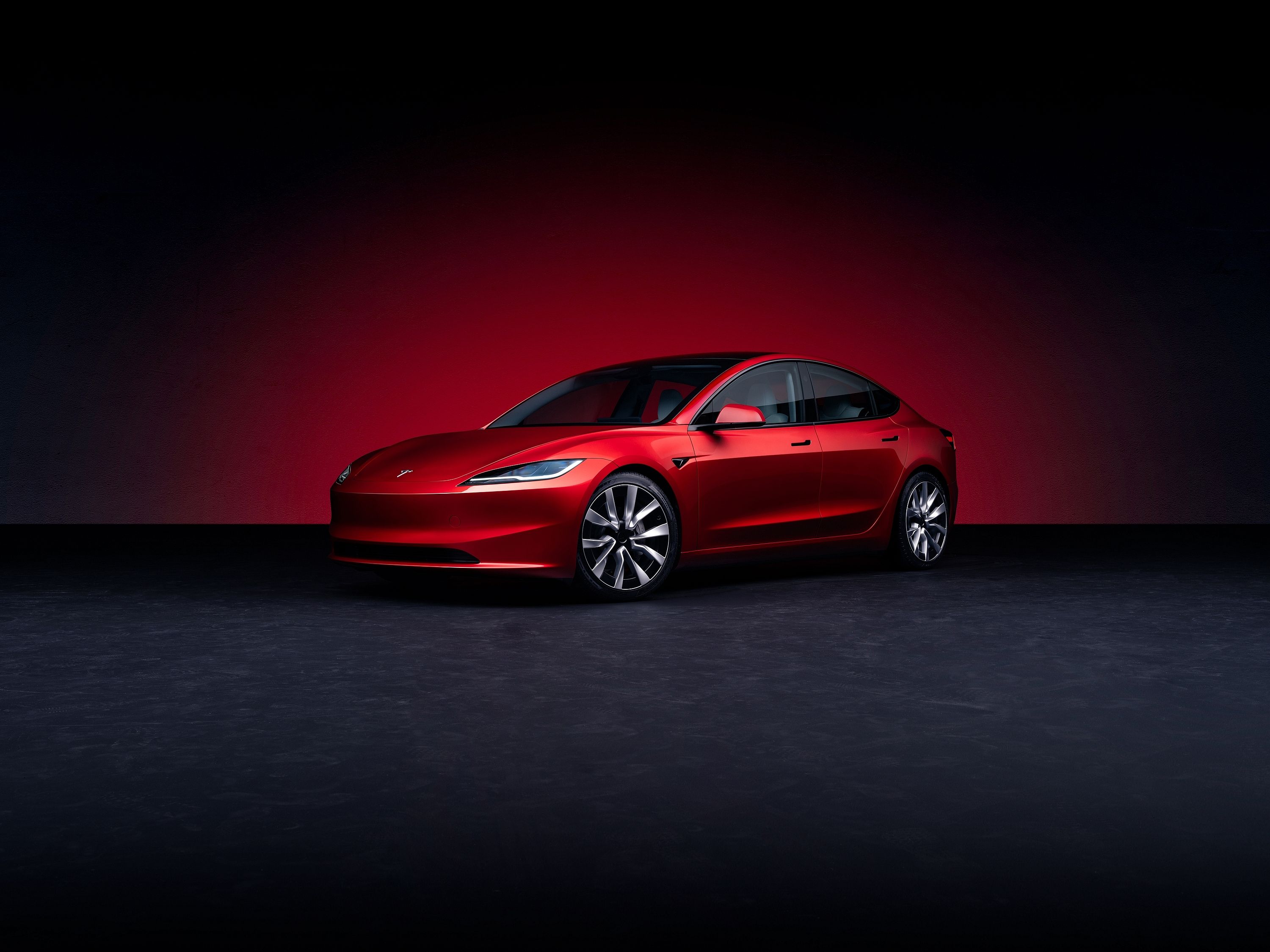
If you're the sort of person that keeps a car for long periods, the worries of an EV battery replacement may put you off the idea of owning an electric vehicle. We've seen shockingly high replacement costs in the past, but how pricey would it be to replace a battery on older electric cars?
A new study from Recurrent looks into battery replacement costs for several popular and older EVs, and there's no beating around the bush: it's expensive.
Prices can range from anything between $5,000 to $20,000, depending on the make and model, as well as the size of the battery pack. Should the need arise during the warranty period, there's no need to worry. But if you're out of warranty, it's a genuine concern.
Let's take a look at some real-world examples.
If you're the owner of an older Nissan Leaf, Recurrent - which has cited various sources - claims the cost of labor and replacement for a 24 kWh or 40 kWh battery could be as much as $5,500. However, some owners have said it could be even more. Swapping the old 24 kWh pack for a larger 62 kWh pack can be as much as $19,000.
According to the study, one Tesla owner faced a $15,799.27 bill in 2020 after their Model 3 required a replacement battery. The pack itself cost $13,500, with the rest attributed to labor. This works out to $180/kWh, significantly higher than Bloomberg's cited average of $137/kWh.
Sometimes, a battery needs replacing after a crash. Recurrent analyzed data related to accident-related replacements and found the cost can range between $10,000 and $12,000. Most of that is for the battery itself, which suggests replacement costs have come down slightly to between $133/kWh - $161/kWh
One would think that more expensive cars would come with bigger replacement bills, but that's not necessarily the case. Quoting information from April 2021, Recurrent has found several instances where a new battery could cost between $12,000 and $15,000 for the larger Tesla.
Older models seem to face higher costs, with a 2014 Model S owner reporting that a complete battery replacement would cost $20,000 (incl. labor) two and a half years ago. More recently, in 2021, owners of 2012 and 2013 Model S sedans claimed they were quoted $22,000 for an out-of-warranty battery replacement.
While none of the aforementioned prices are cheap, it's nothing compared to the costs an e-Golf owner would face. As of August 2021, Pignataro VW quotes a replacement 35.8 kWh battery for a 2017 - 2018 model at $23,442.91.
That works out to $654/kWh, which is 477% more than the average price in 2020.
While this is alarming, consumers and EV drivers must remember that battery replacements are rare. Recurrent looked at 15,000 EV drivers and found the failure rate was just 1.5%. According to the company, the Tesla Model 3 and Model Y are least likely to require a new battery pack.
The Chevrolet Bolt EV and Hyundai Kona have exceptionally higher replacement rates (around 26% and 34%, respectively) because both vehicles were recalled for battery issues. So, should this stop you from buying an EV?
For some, it's a resounding yes, but things will only improve. As EVs become more common, battery pack replacement costs will decrease and become more affordable in the future. Between 2007 and 2019, the Mack Institute for Innovation Management at the Wharton School for Business found that costs fell by as much as 16%.
If prices decline at this rate, a 100 kWh battery will cost $5,600 to replace in 2025.
While battery degradation cannot be avoided, there are some tips EV owners can follow to extend the life of their batteries. DC charging may be convenient but should be used sparingly to preserve the pack. It's also essential to avoid high or low battery levels and to charge in short, frequent bursts rather than occasionally.
During warm weather, it's best to park your electric vehicle in a cool area (a garage or shade) to control the battery temperature. Other tips include measured acceleration inputs and avoiding high speeds.
If you're looking into buying a used electric vehicle, it's well worth reading the study in its entirety, which also covers several other cars, including the Chevrolet Volt and Bolt, as well as the Hyundai Ioniq. While many consider electric vehicles disposable, high mileage can be achieved - just be prepared to replace electric motors and batteries.



